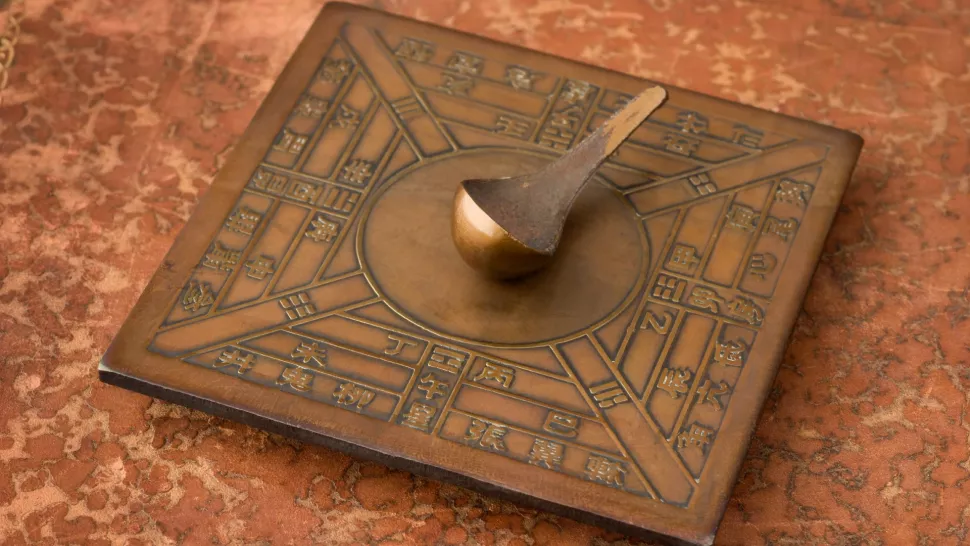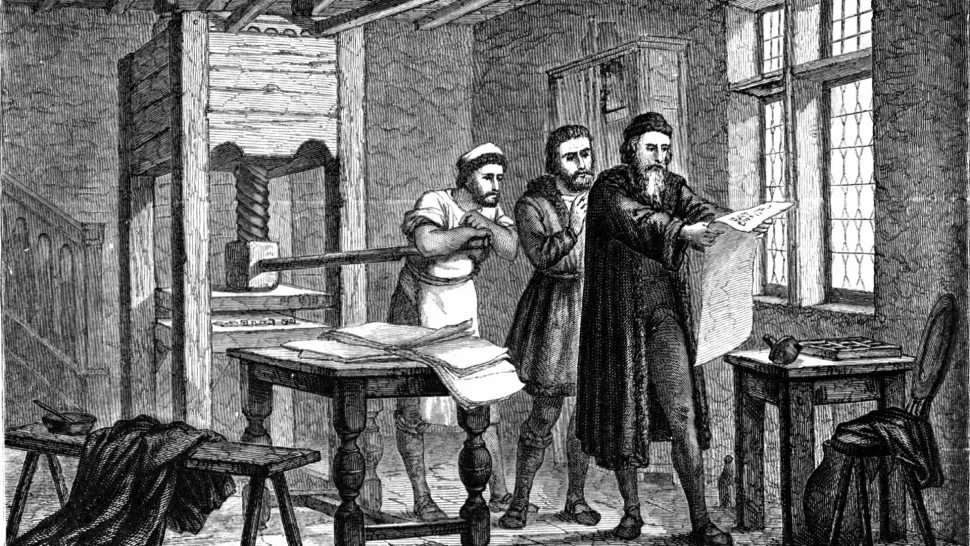The compass

It was risky to sail far from shore in the days before satellite navigation, as ancient mariners relied on the stars for guidance.
Between the second century B.C. and the first century A.D., the Han dynasty in China developed the first compass. It was made of lodestone, a naturally magnetic iron ore whose appealing qualities had been studied for years. However, throughout the 11th and 12th centuries, during the Song Dynasty, it was first utilized for navigation.
Then, via maritime interaction, the technology reached the West. The rise of global trade was facilitated by the compass, which allowed seamen to navigate securely far from land. The compass, a device that is still frequently used today, has permanently altered our perception of the Earth.
The printing press

Between 1440 and 1450, German inventor Johannes Gutenberg created the printing press. The hand mold, a revolutionary molding method that made it possible to quickly produce lots of metal moveable type, was essential to its growth. Gutenberg was the first to design a mechanical method that transported the ink (which he created from linseed oil and soot) from the moveable type to the paper, even though others had done it before him, including innovators in China and Korea.
For the first time in history, printing presses enabled the quick and extensive distribution of knowledge by exponentially speeding up the production of book copies through the use of moveable type. The late historian Elizabeth L. Eisenstein stated in her book “The Printing Revolution in Early Modern Europe” (Cambridge University Press, 2012) that “printers’ workplaces will be present in every large city town by 1500.” Up to twenty million volumes are thought to have been produced in Western Europe by the year 1500, but Eisenstein places the number closer to eight million.
The printing machine, among other things, made the Bible more widely available, which in turn gave rise to alternative interpretations, such as Martin Luther’s “95 Theses,” a text printed in thousands that started the Protestant Reformation.








